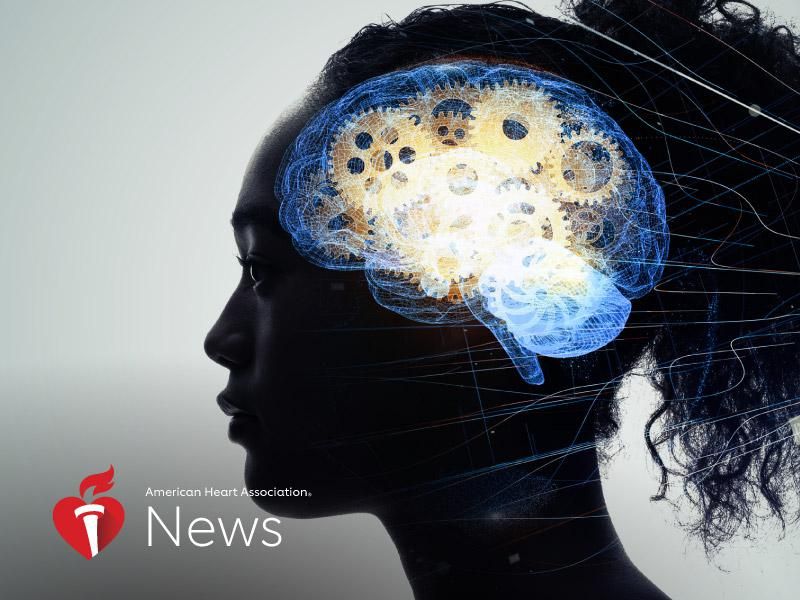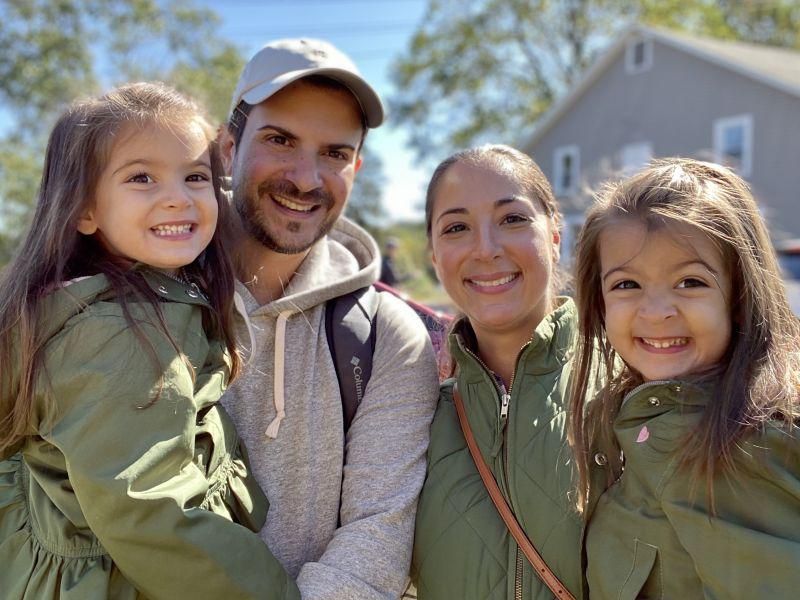
During the pandemic, people with asthma have worried that their respiratory condition might raise their risk of severe illness or death from COVID-19, but new research findings should calm their fears. After analyzing data from 57 studies that included a total of over 587,000 people, scientists discovered that rates of asthma among people with COVID-19… read on > read on >


















